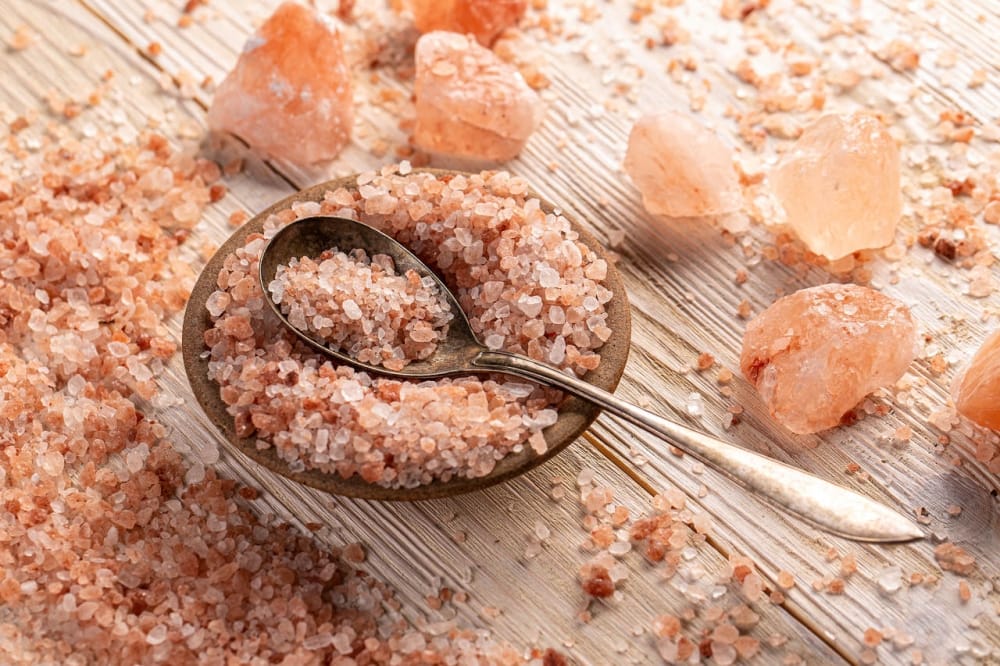Food provides the human body with the necessary nutrients for its functioning. The body transforms them into energy using multiple substances essential for forming its tissues and the recovery of its metabolic wear. These essential substances are called nutrients.
Among all the nutrients the body requires to develop and fulfill its daily functions, minerals cannot be lacking, such as sodium found in sea salt or iodine. This mineral is essential to produce certain hormones that the body needs.
This article will talk about the reason behind iodized salt, the importance of this mineral for health, and what happens with salt without iodine.
What Is Iodine For?
Among the essential nutrients for the body are proteins, certain fats (mono and polyunsaturated), carbohydrates, minerals, and vitamins. One of those minerals is iodine, an essential micronutrient that helps:
- Regulate the functioning of the brain and nervous system
- Regulate the energy processes of the body’s cells
- To be alert
- Control of metabolism
- Have adequate motor coordination, among many other activities
- To develop the healthy brain of the fetus and young child
- Regulate the formation of thyroid hormones (which regulate most of the body’s metabolic reactions)
What If The Body Is Deficient In Iodine?
Iodine deficiency affects the health of women, men, and children and economic productivity and quality of life. On the other hand, when there is iodine deficiency, the lobes of the thyroid gland increase in size.
This phenomenon is known as ” goiter,” It is one of the most visible manifestations of the lack of iodine. Also, the brain’s nerve signals can be affected, having the effect of various problems resulting from hypothyroidism.
When a person does not ingest enough iodine, they can present different symptoms due to lack of thyroid hormones; these can vary in severity, from hair loss, fatigue, throat inflammation, weight changes, dry skin, among others.
Is There A Danger With Excess Iodine?
Yes, excess iodine – although very rare – can happen and cause different reactions in the body, such as excessive production of saliva, skin rashes, problems in the digestive tract, and even, in particular cases, that the thyroid gland becomes hypertrophied.
However, this is very rare and does not occur from consuming iodized salt or everyday servings of foods that contain iodine, but can be the result of consuming excess iodine supplements or without the supervision of a healthcare professional. Click here ninjadeicer.com for more info








Comments